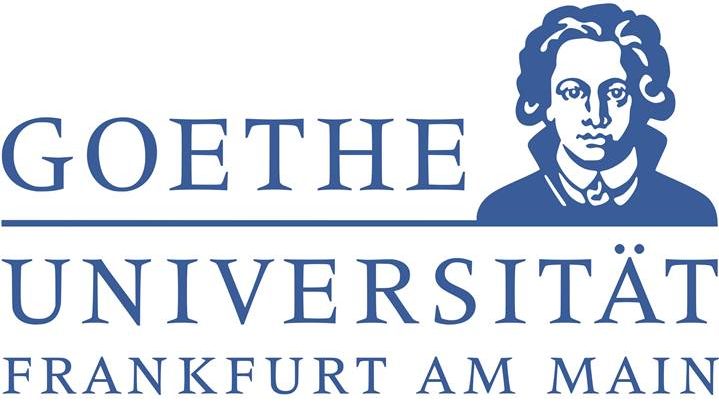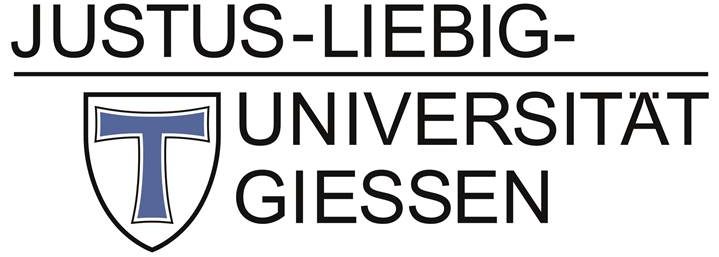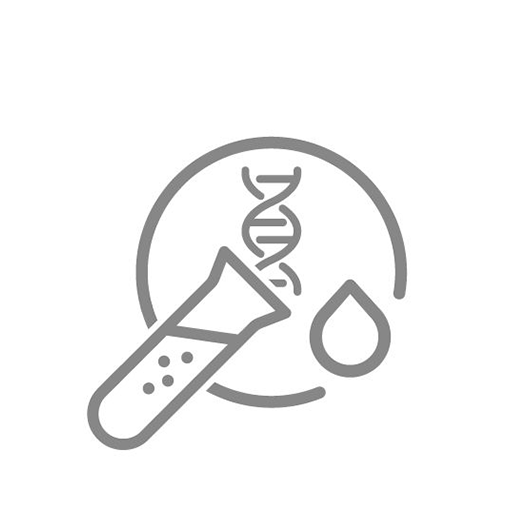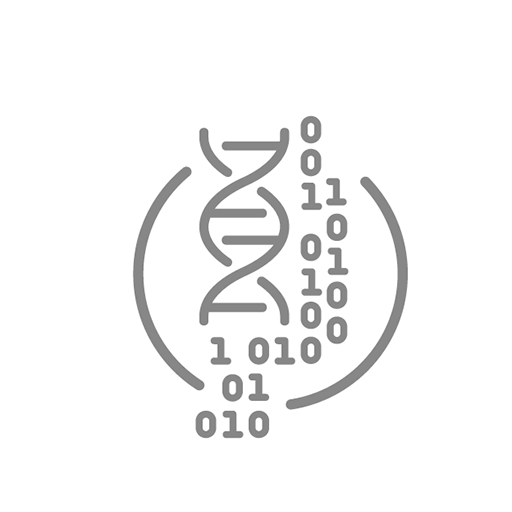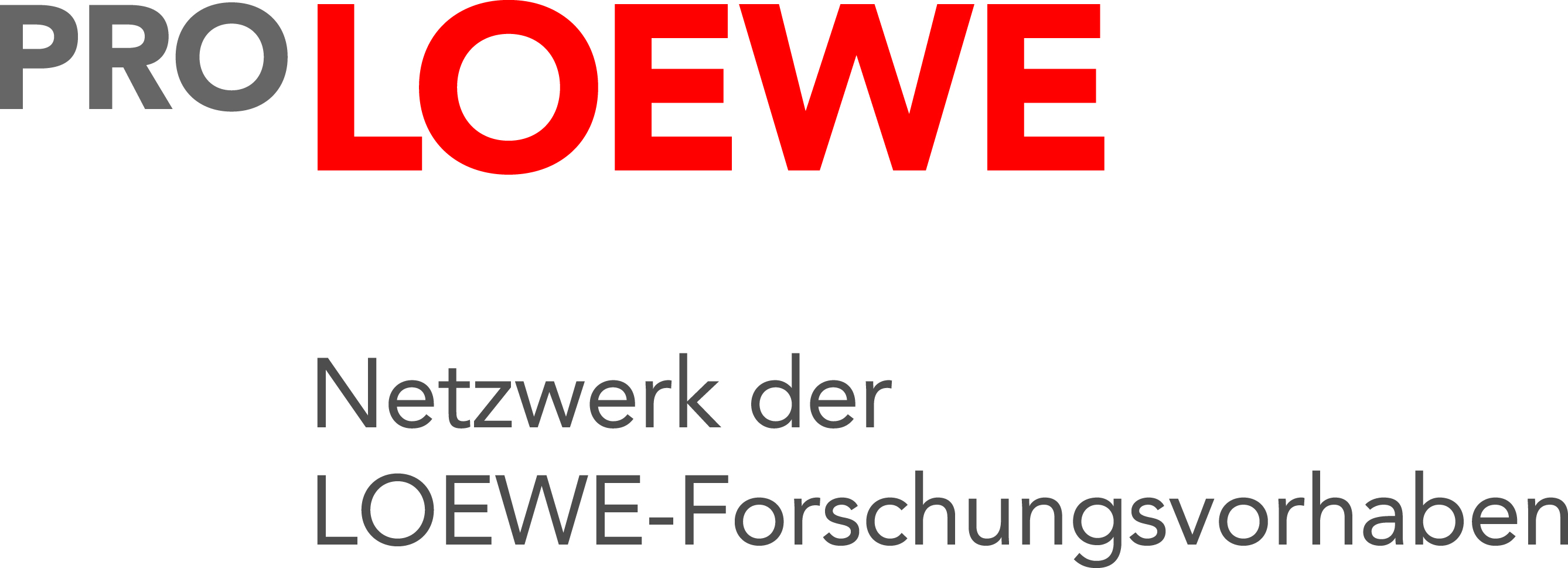LOEWE-Zentrum
für Translationale Biodiversitätsgenomik
Erforschung der genomischen Grundlagen von Biodiversität
Das LOEWE-Zentrum TBG beschäftigte sich von 2018 bis 2024 mit der genomischen Erforschung der Biodiversität, um diese für die Grundlagen- und angewandte Forschung zugänglich zu machen. LOEWE-TBG wurde durch das hessische Forschungsförderungsprogramm LOEWE (Landes-Offensive zur Entwicklung Wissenschaftlich-ökonomischer Exzellenz) gefördert.
Ab 2025 schließt sich das Zentrum zu einem kollaborativen Netzwerk zusammen, das auf der Expertise von LOEWE-TBG aufbaut, neue Projekte initiiert und diese koordiniert.
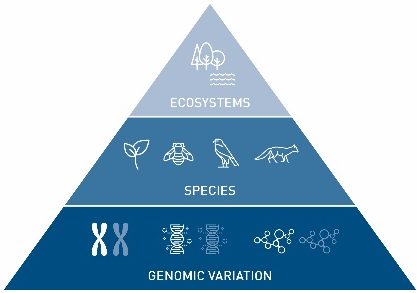
Genomische Vielfalt als Basis von Biodiversität
LOEWE-TBG war eine gemeinsame Forschungseinrichtung der Senckenberg Gesellschaft für Naturforschung, der Goethe-Universität Frankfurt, der Justus-Liebig-Universität Gießen, des Fraunhofer-Instituts für Molekularbiologie und Angewandte Ökologie IME, des Fraunhofer-Instituts für Translationale Medizin und Pharmakologie ITMP und des Max-Planck-Instituts für terrestrische Mikrobiologie.
Das Forschungsteam sequenzierte und untersuchte die genomische Variation quer durch den Baum des Lebens, um den Ursprung und die funktionellen Anpassungen der Vielfalt von Genen bis hin zu Ökosystemen zu verstehen (Vergleichende Genomik). Die gewonnenen Daten adressierten den gesellschaftlichen Wissensbedarf in angewandten Bereichen, wie beispielsweise die genomische Basis biologisch aktiver Substanzen (Naturstoffgenomik) sowie die nachhaltige Nutzung und das Management biologischer Ressourcen (Genomisches Biomonitoring; Funktionale Umweltgenomik).
Ziele des LOEWE-Zentrums TBG
- Erforschung und Vergleich der genomischen Vielfalt entlang des Stammbaums des Lebens, um den Ursprung und die Funktionen aller Ebenen der biologischen Vielfalt (von den Genen bis zu den Ökosystemen) besser zu verstehen.
- Entwicklung und Anwendung genomischer Methoden zum Monitoring der biologischen Vielfalt und der Widerstandsfähigkeit von Ökosystemen sowie zur Information hinsichtlich Artenschutzmaßnahmen.
- Bereitstellung genomischer Ressourcen für die angewandte Forschung, z. B. für die biomedizinische Forschung oder eine nachhaltige Bioökonomie.
Forschung
Die Forschung am TBG gliedert sich in vier Programmbereiche und zahlreiche Einzel- und Verbundprojekte:
Infrastruktur
Das TBG-Laborzentrum und eine Einheit für Bioinformatik stellen eine leistungsstarke Infrastruktur für die direkte Umsetzung der Projekte. Deren Ergebnisse werden über den Technologietransfer und die Öffentlichkeitsarbeit für die Gesellschaft zugänglich.
Kommende Veranstaltungen
Was gibt es Neues bei LOEWE-TBG? In unserem Newsroom finden Sie alle unsere Videos, Neuigkeiten, Pressemitteilungen und ausgewählte Presseartikel. In unseren Videos können Sie z.B. einen Blick in unser Laborzentrum werfen und mehr über DNA-Extraktion erfahren oder die TBG-Nachwuchsgruppen kennenlernen. Zu den Neuigkeiten gehören wissenschaftliche Ergebnisse, Preise, Konferenzen, Veranstaltungen, Stellenangebote und vieles mehr. Schauen Sie rein, bleiben Sie dran und folgen Sie uns auf Twitter @LOEWE_TBG.
Sie benötigen Texte oder Bilder über TBG zur Veröffentlichung in den Medien? Unsere zahlreichen Pressemitteilungen sowie die unserer Partner und entsprechendes Fotos finden Sie ebenfalls im News Room (über Senckenberg). TBG in TV, Radio und Zeitungen – wir haben außerdem eine Auswahl an Medienberichten zusammengestellt.
Neuigkeiten
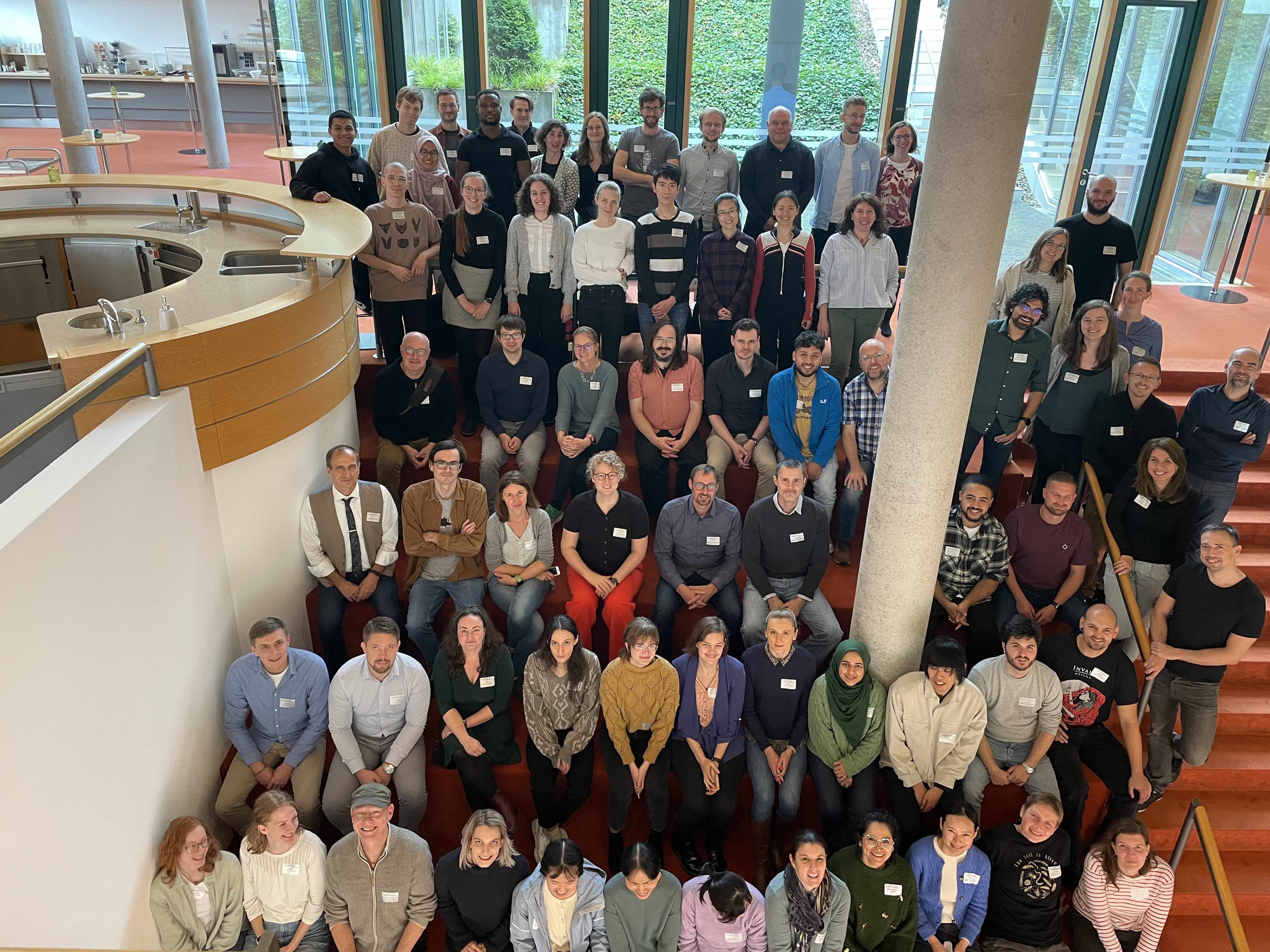
Tschüss LOEWE, hallo Frankfurt: Genomische Erforschung der Artenvielfalt wird fortgeführt
16.12.2024
Nach sieben erfolgreichen Jahren steht das hessische LOEWE-Zentrum für Translationale Biodiversitätsgenomik (TBG) mit beeindruckenden Ergebnissen und nachhaltigen Strukturen für die Zukunft vor seinem Abschluss.
Das Zentrum hat seine Mission, die genomische Vielfalt für Grundlagenforschung und Anwendungen wie den Artenschutz und die Entdeckung von Naturstoffen zu erschließen, mit exzellenten wissenschaftlichen und praktischen Erfolgen erfüllt. Die nachhaltige Fortführung der Biodiversitätsgenomik-Forschung wird durch strategische Erweiterungen wie das von Senckenberg eingeworbene Programm „Anthropocene Biodiversity Loss“ gesichert, das ab 2025 jährlich 1,3 Millionen Euro bereitstellt. Dadurch können drei Professuren sowie Personal für Labore und Bioinformatik langfristig gefördert werden.
„Das LOEWE-Zentrum für Translationale Biodiversitätsgenomik hat eine stabile und zukunftsgerichtete Grundlage für die genomische Erforschung der Artenvielfalt geschaffen, die sowohl auf wissenschaftlicher als auch auf angewandter Ebene nachhaltige Wirkung entfalten wird. Die Forschung an Naturstoffen ermöglicht beispielsweise weitreichende Innovationen in der Arzneimittelforschung. Auch Natur- und Artenschutz profitieren von dem genauen Blick ins Erbgut. Daher kommt der Genomik eine zentrale jedoch bislang unterschätzte Rolle zu, wirksame und umfassende Lösungsansätze für den Schutz der Biodiversität zu entwickeln. Die geschaffenen Infrastrukturen und das interdisziplinäre Netzwerk bieten ideale Voraussetzungen für zukünftige Forschungsvorhaben, insbesondere in Zeiten globaler Biodiversitätskrisen“, fasst Prof. Dr. Klement Tockner, Generaldirektor der Senckenberg Gesellschaft für Naturforschung, zusammen.
Weitere Informationen finden Sie in der Pressemitteilung bei Senckenberg. (Foto: LOEWE-TBG)
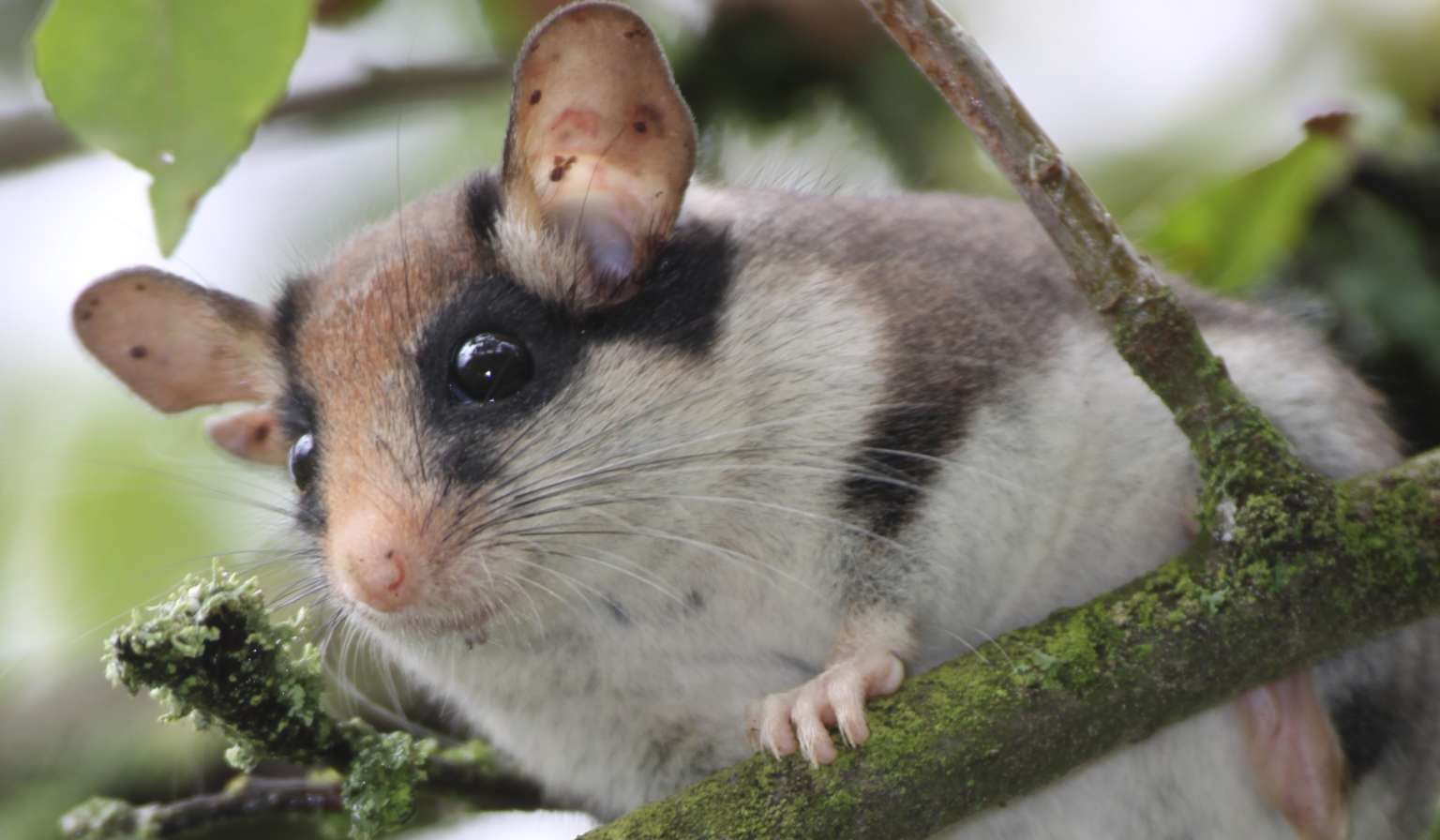
Gefährdeter Gartenschläfer: Umfangreiche Erbgutanalyse trägt zum Schutz der Art bei
26.11.2024
Um gefährdete und vom Aussterben bedrohte Tierarten nachhaltig schützen zu können, bedarf es passgenauer Strategien im Naturschutzmanagement. Eine immer größere Rolle spielen dabei Informationen, die aus genomischen Daten gewonnen werden, denn aus dem Erbgut lassen sich historische Populationsgrößen rekonstruieren und aktuelle Bestandstrends sowie Hinweise auf die Anpassungsfähigkeit der Art ablesen. In einer neuen Studie stellen Wissenschaftler*innen des LOEWE-Zentrums TBG und weiterer Institutionen nun ein hochauflösendes Referenzgenom für den bedrohten Gartenschläfer (Eliomys quercinus) vor. Die daraus abgeleiteten Informationen geben Aufschluss über seinen dramatischen Populationsrückgang und liefern wichtige Erkenntnisse für Erhaltungsstrategien in Europa.
Erstaunt sind die Wissenschaftler*innen über das Ausmaß der genetischen Unterschiede zwischen den Gartenschläfern nördlich und südlich des Alpenhauptkammes. „Mit unseren Ergebnissen können wir den Verdacht bisheriger Studien untermauern, dass wir es möglicherweise mit zwei unterschiedlichen Arten zu tun haben. Dies stellt bei den eigentlich sehr gut erforschten Säugetieren mitten in Europa eine kleine Sensation dar!“, betont die Erstautorin der Studie, Dr. Paige Byerly, Naturschutzgenetikerin am Senckenberg Forschungsinstitut und Naturmuseum Frankfurt am Main, Standort Gelnhausen.
Weitere Informationen finden Sie in der Pressemitteilung bei Senckenberg. (Foto: Sven Büchner)

Schnelle Genomanalyse eines Windhundes setzt neuen Maßstab für Artenschutz-Forschung
23.10.2024
Der fortschreitende weltweite Verlust an Artenvielfalt macht es zunehmend erforderlich, genetische Informationen bedrohter Arten schnell zu erfassen und auszuwerten. Die Abteilung für Humangenetik des Bioscientia Instituts für Medizinische Diagnostik GmbH in Ingelheim am Rhein und das hessische LOEWE-Zentrum TBG haben in einem Kooperationsprojekt in weniger als einer Woche das komplette Genom eines Windhundes erfasst und ausgewertet – ein Fortschritt, der die Genomforschung im Arten- und Biodiversitätsschutz nachhaltig beeinflussen könnte. Die Studie wurde im Fachjournal „GigaByte“ veröffentlicht.
Bei der Analyse des Windhund-Erbguts, die das Bioscientia Institut und das LOEWE-Zentrum TBG gemeinsam vornahmen, kam eine neue Technologie zum Einsatz: Ganze Genome werden sehr präzise und in langen Abschnitten, sogenannten „long reads“, sequenziert. Am Beispiel des Windhundes, eines der schnellsten Landtiere, gelang dies in Rekordzeit. Dies ist nicht nur ein technischer Erfolg, sondern wurde auch als symbolisches Projekt initiiert, um der Herausforderung des Artensterbens zu begegnen.
Die neuartige Kooperation der Bioscientia-Humangenetiker*innen mit den Forscher*innen des LOEWE-Zentrums TBG setzt damit einen neuen Maßstab und stellt ein effektives Instrument für die Biodiversitätsforschung bereit.
Weitere Informationen finden Sie in der Pressemitteilung bei Senckenberg. (Foto: ashva – stock.adobe.com, 164543555)
Unsere Partner

